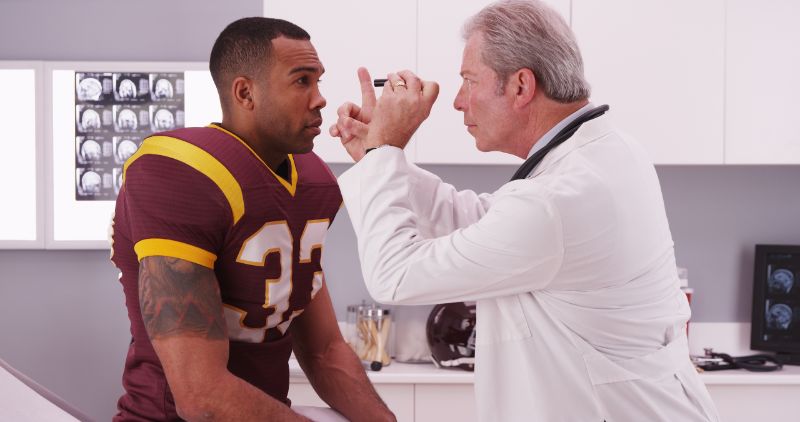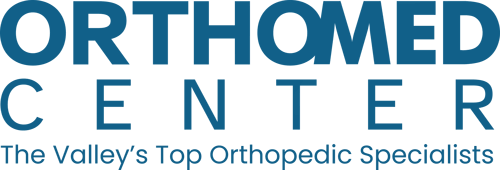A concussion is a complex brain injury that affects brain function. The effects are often temporary, causing headaches and problems with concentration, memory, balance, and coordination. Not all concussions cause you to lose consciousness.
Concussions are more often seen among athletes who play contact sports, such as football, hockey, and soccer. However, athletes are not the only ones who get concussions. Concussions can also result from a blow to the head, violent shaking of the head and upper body, trauma, and falls.
Here are some facts about concussions:
- A concussion is a complex brain injury that alters the way your brain functions.
- A concussion can occur from a blow to the head/body when the upper body is shaken violently, helmet-to-helmet contact, or even a collision with another athlete.
- Most concussions do not involve loss of consciousness, which misleads people to think they don’t have a concussion and that they just bumped their heads.
- The severity of a concussion is not fully known until the immediate symptoms resolve and brain function returns to normal. Patients with this type of injury need time and rest to heal properly.
- Not all concussions and injuries are the same, but all concussions should be evaluated by trained professionals and/or medical personnel.
Concussion symptoms may be immediate or delayed onset, sometimes by a few hours or even a few days after the injury. Symptoms may include:
Annual baseline testing is recommended for every athlete (in most sports). Since every concussion is different, it is important to know your baseline to see the severity of your trauma. Baseline Testing helps us learn how your brain works before a concussion, giving us a better understanding of your Reaction Time, Memory Capacity, Speed of Mental Processing, and Functioning of the brain.
During your visit, your doctor will evaluate your signs and symptoms and review your medical history. He will also conduct a neurological examination, including checking your vision, hearing, strength and sensation, balance, coordination, reflexes, and cognitive skills. Cognitive testing evaluates your thinking skills, addressing several factors, including your memory, concentration, and ability to recall information.
If you have symptoms that are becoming worse, your doctor will order brain imaging tests, such as a cranial computerized tomography (CT) scan to assess the brain right after the injury or a magnetic resonance imaging (MRI) test to identify changes in your brain or to diagnose complications that occur after a concussion.
Treatment for a concussion begins with relative rest for 2 days, which includes limiting activities that require thinking and mental concentration.
In the first 48 hours after the injury, you should limit activities such as playing video games, watching TV, doing schoolwork, reading, texting, or using a computer, especially if they seem to worsen your symptoms. You should also avoid general physical exertion, sports, or vigorous movements until you can do them without experiencing symptoms.
After these 48 hours, you can gradually increase daily activities such as screen time, light exercise, and physical activity as tolerated. Avoid any high-impact activities that could cause another head injury until you are fully recovered. Consult with your doctor to discuss steps you’ll need to take to play sports again. Resuming play too soon increases your risk of another brain injury.
If you are experiencing headaches, you can take acetaminophen (Tylenol). Avoid taking ibuprofen (such as Advil, Motrin IB) and aspirin, as these medications may increase the risk of bleeding.



